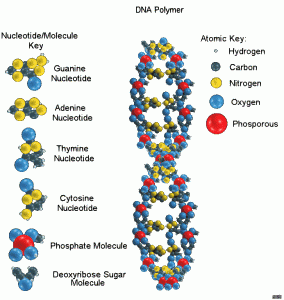Self-Serve Brains
The concept of identity theft assumes an entirely new meaning for people with brain injuries that rob them of their sense of self—the unspoken certainty that one exists as a person in a flesh—bounded body with a unique set of life experiences and relationships. We link to the full article by Bruce Bower in Science […]
The concept of identity theft assumes an entirely new meaning for people with brain injuries that rob them of their sense of self—the unspoken certainty that one exists as a person in a flesh—bounded body with a unique set of life experiences and relationships.
We link to the full article by Bruce Bower in Science News Online.
Personal identity veers to the right hemisphere
The concept of identity theft assumes an entirely new meaning for people with brain injuries that rob them of their sense of self—the unspoken certainty that one exists as a person in a flesh—bounded body with a unique set of life experiences and relationships. Consider the man who, after sustaining serious brain damage, insisted that his parents, siblings, and friends had been replaced by look-alikes whom he had never met. Everyone close to him had become a familiar-looking stranger. Another brain-injured patient asserted that his physicians, nurses, and physical therapists were actually his sons, daughters-in-law, and coworkers. He identified himself as an ice skater whom he had seen on a television program.
Brain-damaged patients can experience strange alterations of self-knowledge. Investigations of such cases and of brain activity during normal self-recognition suggest that the right brain orchestrates the sense of “I.” But it’s still unclear how the brain fosters one’s ability to distinguish oneself from others.
The sense of “I” can also go partially awry. After a stroke had left one of her arms paralyzed, a woman reported that the limb was no longer part of her body. She told a physician that she thought of the arm as “my pet rock.”
Other patients bequeath their physical infirmities to phantom children. For instance, a woman blinded by a brain tumor became convinced that it was her child who was sick and blind, although the woman had no children.
These strange transformations and extensions of personal identity are beginning to yield insights into how the brain contributes to a sense of self, says neuroscientist Todd E. Feinberg of Beth Israel Medical Center in New York City. Thanks to technology that literally gets inside people’s heads, researchers now are probing how the brain contributes to a sense of self and to perceptions of one’s body and its control. Scientists expect that their efforts to shed light on the vexing nature of consciousness, as well as on the roots of mental disorders, such as schizophrenia, characterized by disturbed self-perception.
(…)
Full text at Science News Online







